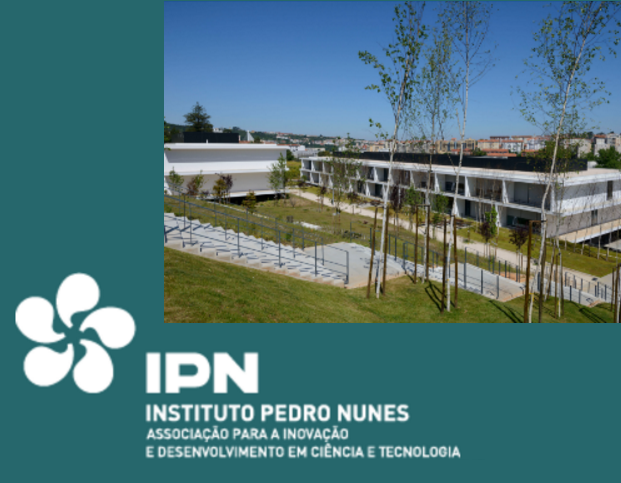Instituto Pedro Nunes (IPN) is located in Coimbra, in the centre of Portugal, best known for one of the oldest universities in Europe, an UNESCO World Heritage Site: until the end of the 13th century it was part of a small group of 15 operating universities in Europe.
History apart, the 25,000 students University (almost the size of Harvard, a bit larger than Cambridge or Oxford) spun-off IPN, a non-profit organization created in 1991 to foster innovation and technology transfer. EU-Startups talked to the Project Manager Jorge Pimenta to find out what IPN is all about.
What exactly do you offer to startups?
IPN offers different services to startups. As IPN promotes innovation establishing the link between the scientific sector and companies, we support entrepreneurs from day one in the business incubator.
Besides IPN incubator, the institute has six applied R&D labs that support product development in different technology areas, mainly ICT, Electronics, Automation and Materials.
During the incubation process (up to 4 years), we focus our support in different areas:
- Business plan: Technological viability and Economic viability,
- Management support: Business development, Admin & Accounting, etc.
- Networking and Internationalization: International cooperation & research projects and “Matching” events
- Access to Funding: National and International Funding, Banks, Business Angels and Venture Capital
- Training and IP management
After the incubation process, companies can move to the new facilities that we inaugurated two years ago: TecBis – Aceleradora de empresas, were we have over 4.500 m² of office space to support companies in a scale up phase.
Which milestones would you consider your biggest achievements so far?
As IPN incubator is turning 20 years this year, I would say the longevity of the incubator is one of our main achievement, but apart from that I can highlight that in 2010 IPN incubator was considered Best Science Based Incubator in the world. Also that, in 2015, the combined revenues of incubated and graduated companies have overcome €120 million.
What do you think should be the role of Universities in the startup ecosystem and how is IPN positioned?
Universities are key to the ecosystem, as it’s within Universities that innovations and new technologies are generated. Portuguese companies need to further establish links and cooperation with Universities, and the same can be said about startups. I believe that the entrepreneur spirit needs to be fostered in the education system, and, when in Universities, students must be able to experience and understand how to set up a business.
IPN has been doing just that in Coimbra and all across the region, mainly with engineering students: lecturing courses, promoting competitions and internships. I believe further work can be done on this matter and IPN is on the forefront of tech transfer issues and establishing the link between the academic world and companies.
Lisbon is developing into one of the leading startup hubs in Europe. Porto is growing very fast and positioning as a scale up city. How do you see the current state of Coimbra’s startup ecosystem and what are the remaining challenges?
Coimbra is a very important part of the Portuguese ecosystem, especially regarding ICT, medical devices and biotech companies.
As I believe the main focus of startups should be to quickly become international, seek foreign markets, the fact that there is a greater focus on the Portuguese scene will benefit all companies. Coimbra needs to continue the good work done and further establish itself as a knowledge/science based-driven ecosystem and focus on retaining the amazing talent coming out of the University and attracting new talent from other places.
How do you anticipate the Lisbon Web Summit will contribute to the Portuguese startup scene and IPN’s future?
The focus that an event like the Web Summit brings is very good for the country, and it is great that the event will remain at least 3 years. This will allow for effective interest and partnerships to develop.
Startups and VC’s should try to get the most out of the event and try to create long lasting relations with companies and VC’s coming from abroad, in particular with those from the USA.
Which three Portuguese startups are you currently most excited about?
I think we have a very exciting group of startups that might became a huge success in the coming years. Some of them have amazing technology, and I believe that besides Uniplaces, Farfetch or Feedzai, that are already proving their value worldwide, some more could follow. Some candidates: doDOC, Findster, LaserLeap or Friday.
Thanks Jorge Pimenta and best wishes to Coimbra startups.




